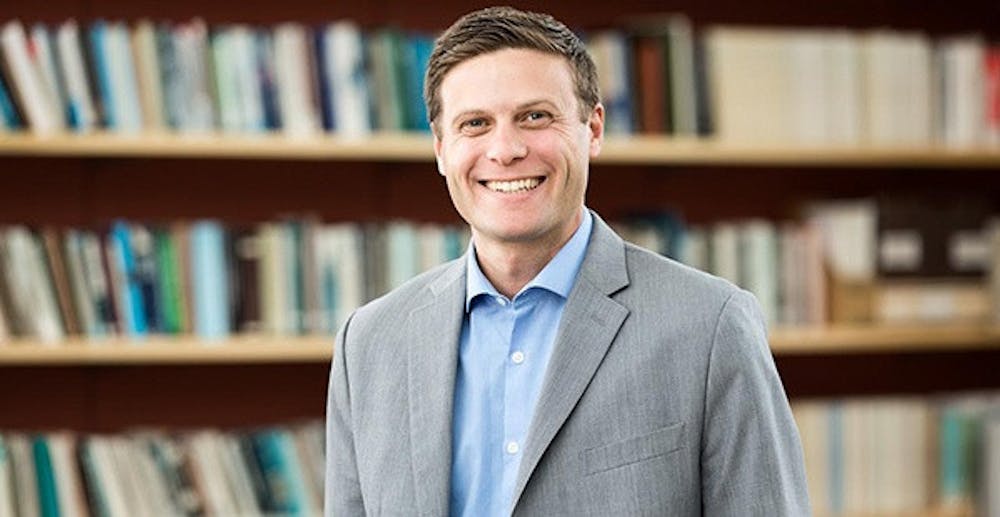The Humanitarian Innovation Initiative, which aims to improve humanitarian efforts by grounding them in a solid foundation of academic research, has launched at the Watson Institute for International and Public Affairs this year.
“Humanitarian response is not new, it’s something the world has been focused on for more than 150 years,” said Adam Levine, assistant professor of emergency medicine and founder of HI2. “But one of the things that’s been missing up until now is a true connection between the humanitarian world and the academic world.”
The Watson Institute was a “natural fit” for this new initiative, said Seth Stulen, program coordinator for HI2. “Watson’s three core areas of focus are development, security and governance. Certainly, each one of those thematic areas (has) elements that cut across any humanitarian crisis that hits,” Stulen said, adding that the ongoing crisis in Syria and the impact of Hurricane Matthew are two examples of how humanitarian crises are linked to development, security and governance.
Though the initiative is fairly new, Levine and Stulen said the program has already taken many steps toward its goal. “We’ve identified six faculty affiliates here on campus,” Stulen said. These affiliates, along with Levine, teach courses on campus that relate to the initiative’s mission, which might “engage undergraduates more,” according to Stulen.
One of the program’s affiliates, Selim Suner ’86 MS’87 MD’92, has been involved in disaster medicine for the past 25 years.
Humanitarian responses to crises have “been very difficult to study because you never know when it’s going to happen, and when it does happen, academic endeavors are not the first thing that come to play,” Suner said. “However, without bringing education and academic endeavors into that realm, it’s very hard to understand if what we do in terms of response is actually effective or not,” he added.
Suner’s main focus now is education; in addition to running a year-long disaster medicine fellowship program, he teaches an undergraduate course on the topic.
Another step HI2 has taken toward its goal is selecting a group of 25 international fellows, early-career professionals and scholars who live and work in Asia, Latin America and Africa and are engaged in some kind of humanitarian response effort.
The international fellows’ contributions to the program “provide a direct linkage between us at Brown and real-world situations,” Levine said.
Zain Tayyeb, one of the international fellows, is a humanitarian affairs officer involved in non-governmental organization profiling. Type of work Tayyeb will do for HI2 will “enhance (her) understanding” of preparedness projects related to her work on the Jordanian Civil Defense, she wrote in an email to The Herald. Preparedness projects are considered to be “a key element under humanitarian response,” she wrote.
“A university is necessarily engaged in research, learning and teaching, but students at a university like Brown are also generally engaged in different kinds of activism,” said Benjamin Gladstone ’18, head of student advocacy for HI2. HI2 “is the perfect vehicle for groups like Students for Responsible Policies in Yemen to connect with professors in the Middle East studies program,” he said, adding that HI2 will “provide opportunities for students to learn and for professors to explore topics that they otherwise might not.”
Correction: A previous version of this article referred to Zain Tayyeb as a man. In fact, Tayyeb is a woman. The Herald regrets the error.





